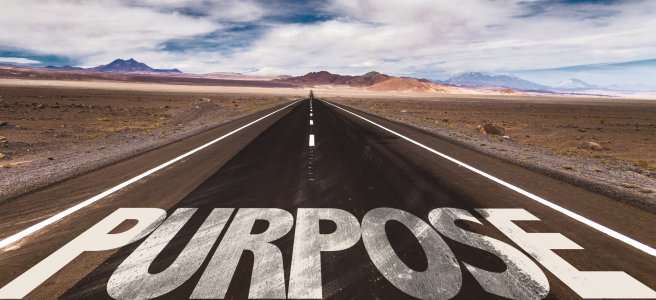
Can this be how it works? I’m 57 years old and see more life in the rearview mirror than the open road ahead. With that perspective, I find it’s become essential to reflect on what I’ve done with my time on this planet. Blissfully ignorant of the repercussions of news events growing up in bucolic suburbia, adulthood, parenthood, citizenship demanded my attention as I aged. I’ve experienced events no one wants. People summarize it as “life” when you see death. I’m not special. Just frustrated.
After the massacre at the movie theater in Aurora, CO, I began to write. Not with the expectation of affecting change, but rather to give my anger, my emotions, an outlet, an offramp for the toxic blood poisoning my body. I saw gun violence stealing a generation. While some social issues had moved the Overton Window, political intransigence (keep cashing the NRA’s checks!) and eventual American ennui accepted gun violence as baked into the American fabric in the name of “freedom.”
After the Sandy Hook Elementary School massacre in Newtown, CT, I began to speak. Surely, a tragedy of this scale would shock Americans (and politicians) out of their stupor. Nope! I talked to groups in Texas as the lone spokesperson for the Brady Campaign in Texas. The only one. That alone tells you all you need to know about the calculus of “I NEED my gun, dead kids and teachers be damned.” Thoughts, prayers, and sad face emojis flooded social media until America’s fruit fly attention span moved on to the latest “tragedy” affecting Kim Kardashian.
My anger peaked with the death of my wife. Fuck cancer makes a great tweet, a guttural reaction without consequence. Utterly suicidal and dying with my wife, I could not yell at the tumor. I took it out on God for a while (also useless) and even turned to God for a bit (utterly meaningless). There was no one to blame, no revenge to be had. No offramp for my anger.
And then Americans, in the obvious next step for a society that had abdicated all personal responsibility and suffered no consequences, elected a narcissistic moron president—a billionaire (if you believe him) speaking for the uneducated rubes. Merit and logic were dead. With each lie, with each crime, I expected consequences. None came. Robert Mueller fumbled the ball with no defenders anywhere near him. Facts were relegated to the trash bin. Tweets became governmental edicts. And I waited. Furious.
When I get angry (when I get down), it is because things should be easier. “Keep the simple things simple; the hard things are hard enough.” But nothing was easy. Changing a light bulb resulted in the glass bulb snapping off the metal base, a trip or two to Lowes, and a call to the electrician. Nothing was easy. Ultimately, I realized it was an absolute lack of control. There was nothing I could do about any of it. My wife was dead, guns were more important than life, freedom from fact and responsibility replaced actual democracy, and rabid evangelicals believed in Trump as the messiah. Stop the world; I want to get off.
And now we have Ukraine. Again, one man brings the world to the point of a world war—one man. Ukrainians are fighting to survive- as a nation and a people. “Denazifying” Ukraine? Really?
I’m reminded of Carl Sagan’s Pale Blue Dot speech as I watch an army destroy entire cities. Stepping back for a second, it seems bizarre that NATO and the UN watch the massacres with tepid financial penalties because Ukraine doesn’t belong to their club. It’s like a high school clique turning its back on a less cool student getting beaten up because they don’t wear the “right” jeans. I understand the political ramifications of engagement. But on a human level, it seems callous and impotent.
So here I am—no one special, poisoned with anger and unable to control or change anything. Hell, I can’t even watch baseball now! The billionaires are too busy fighting with the millionaires. I get the feeling that if aliens did visit earth, they’d look down and say, “Nah, they’re petulant adolescents with nascent technology and a penchant for killing each other. Keep driving.”
So, my clock continues to tick down, and I’m not ignorant enough for its promised bliss. I’ve read Viktor Frankl and Thomas Paine but still cannot find reason or acceptance. How do I accept all of this? How do I “let it go?” No, seriously, I’m asking.







